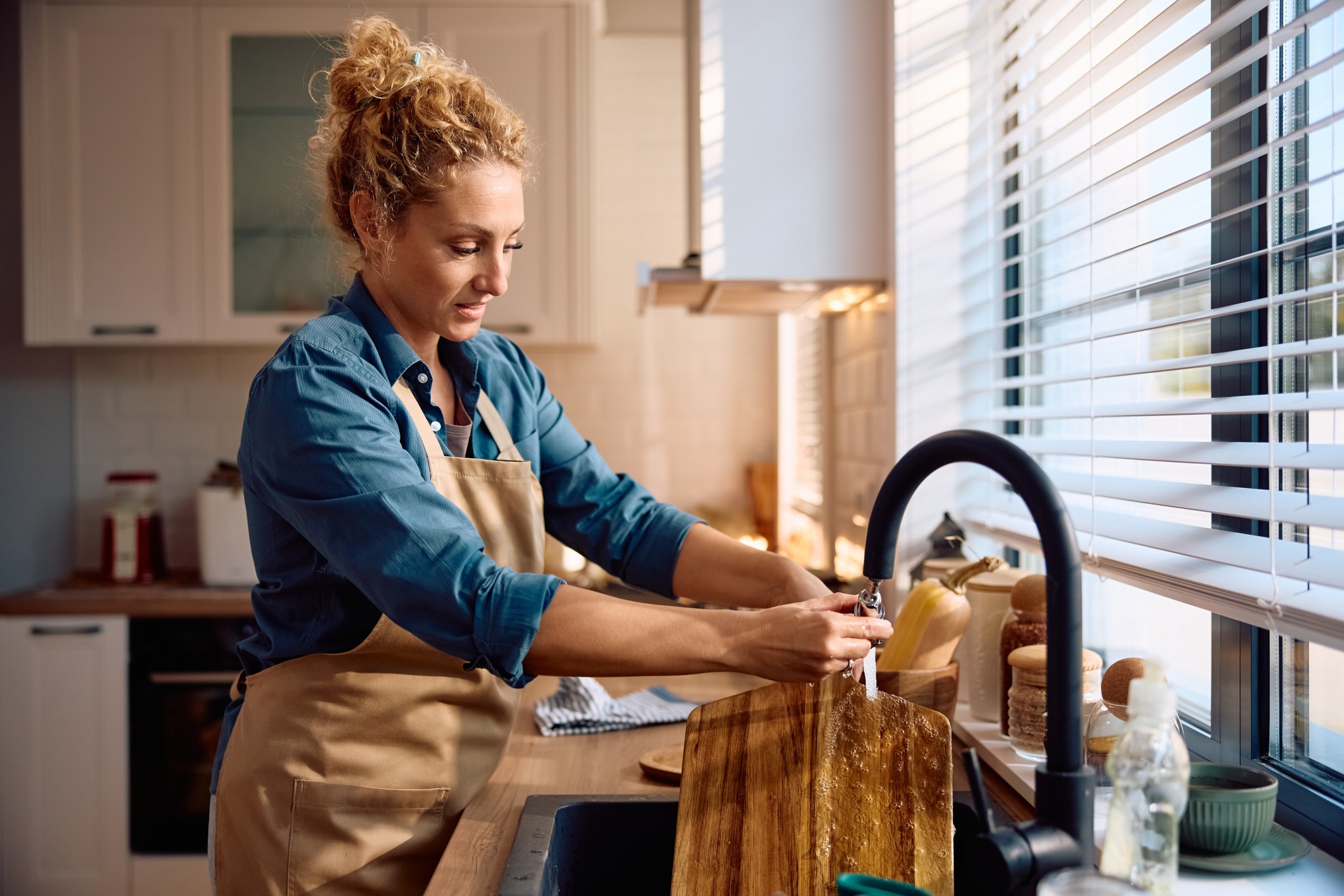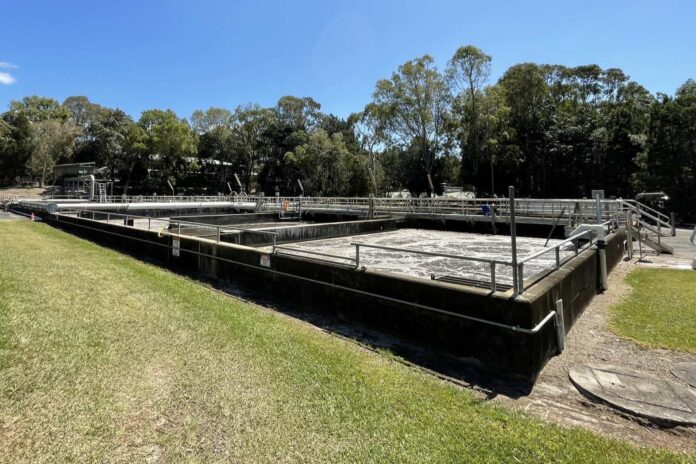A local water utility is urging residents to be mindful after crews attended more than 1300 blockage and overflow jobs in the region.
Unitywater, which services the Sunshine Coast and Moreton Bay, has reminded locals to avoid putting fats and foreign objects down the drain.
Unitywater executive manager customer delivery Rhett Duncan said blockages could be avoided by putting most things in the bin.
“Attending blockages and overflows is an everyday task for our crews, albeit an unpleasant one,” he said.
“And while we will always experience operational issues we need to respond to, we’re asking our communities to only flush the Three Ps – pee, poo and toilet paper – to prevent blockages in their private plumbing and the wider wastewater network.”
Operators at the Noosa Wastewater Treatment Plant have seen a spike in tampon wrappers coming through the system.
Mr Duncan said even smaller objects, like tampon wrappers, should be binned as they don’t breakdown and they build up over time.
“Blockages cause wastewater overflows which can be stressful for property owners if they occur at home, and importantly, they can negatively impact our sensitive environment,” he said.
Mr Duncan said fat buildup was also a concern and advised customers to bottle up fats and cooking oils for the bin, rather than putting them down the sink.
“A buildup of fats can create ‘fatbergs’ and block or damage the wastewater pipes on your property, requiring expensive plumbing repairs,” he said.

“It can also reduce wastewater treatment plant efficiency, increasing the costs of treating the community’s wastewater, and potentially damage the environment and health of our waterways.”
Some items that shouldn’t be flushed: wet wipes or baby wipes (even if the packaging says they’re flushable), cotton buds, contraceptive devices like condoms, nappies, feminine hygiene products like tampons or sanitary pads, and medication or needles.
Want more free local news? Follow Sunshine Coast News on Facebook, LinkedIn and Instagram, and sign up for our FREE daily news email.





